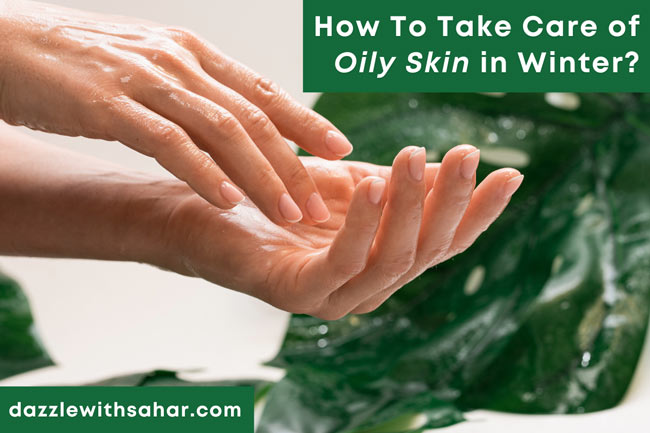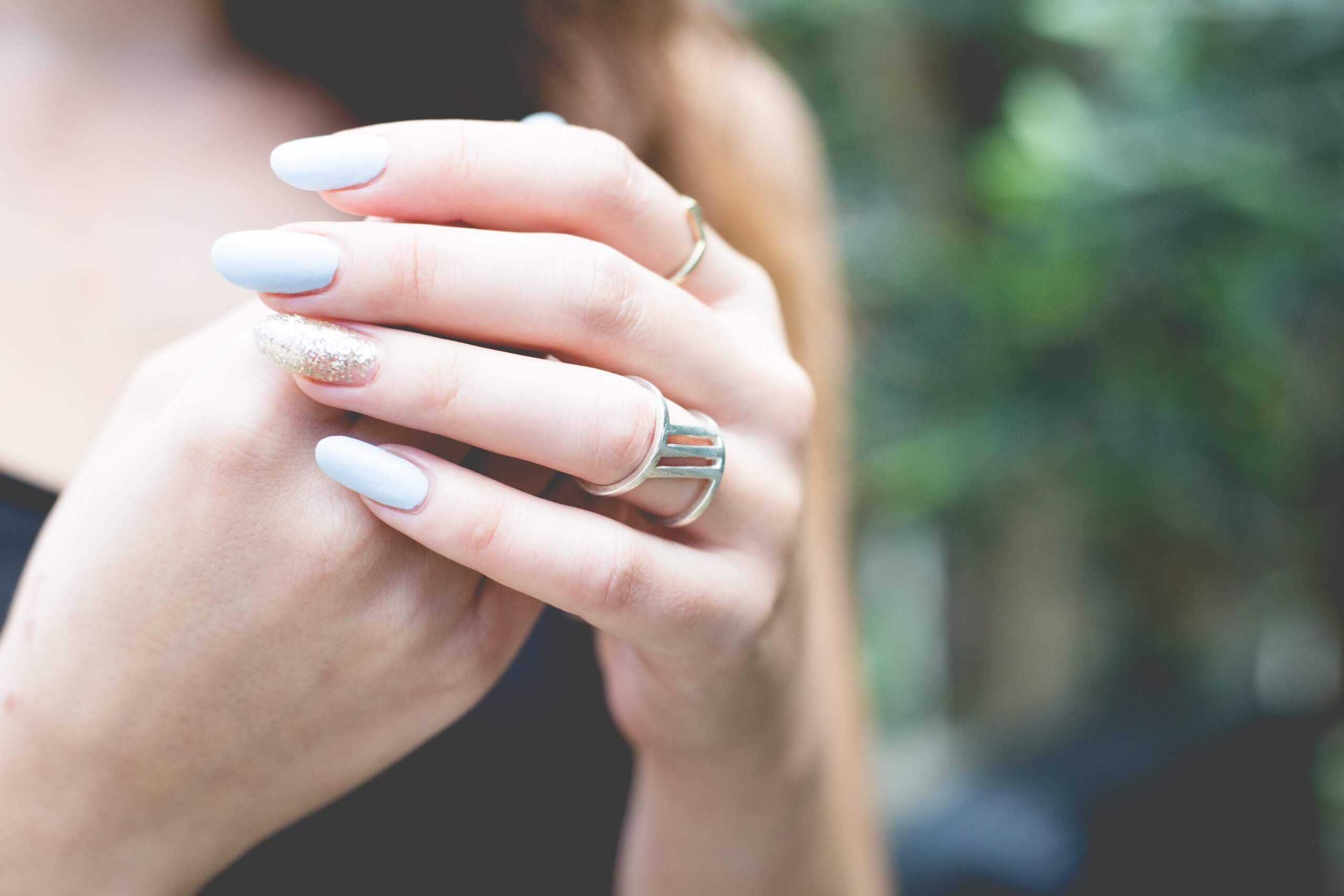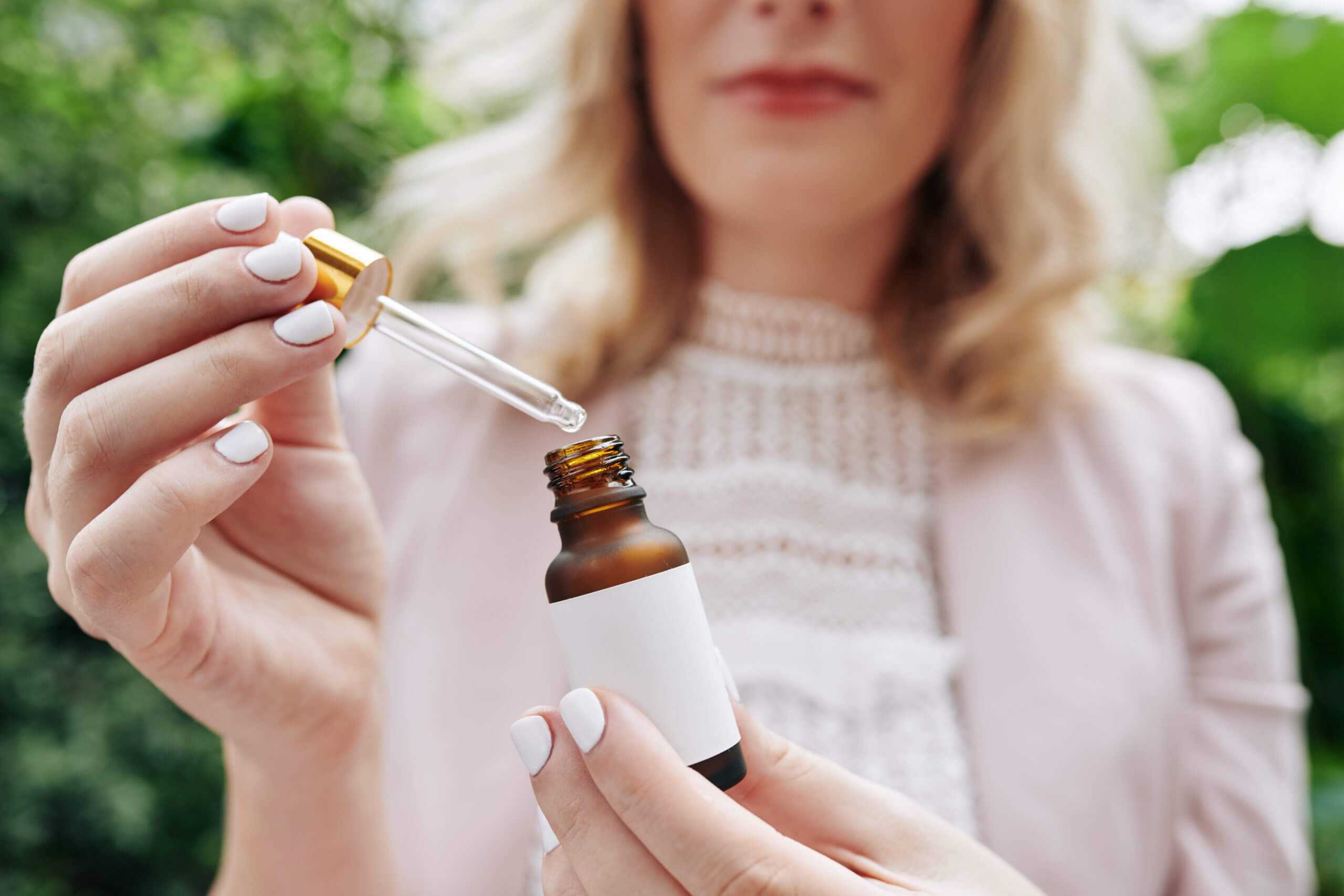Winter is a time of year when many of us start to notice that our skin is acting up in ways, we haven’t seen during the summer months. Oily skin during winter is not a myth. While we tend to associate dry skin with the colder months, the reality is that many people suffer from oily skin during winter, due to central heating and other factors. To combat this problem, we’ve put together a list of tips on how to take care of oily skin in winter!
Contents
What Causes Oily Skin in Winter?
Oily skin in winter can be caused by a number of factors. One is the increased production of sebum, which is the body’s natural oil. This can be due to hormones, stress, or changes in diet.
Another cause is using the wrong skincare products for your skin type. Many people mistakenly believe that they need to use heavier products in winter to combat dryness, when in fact they should be using lighter products that won’t clog their pores.
Finally, not exfoliating enough can also lead to oily skin in winter. Dead skin cells build up on the surface of the skin, trapping sebum and causing breakouts. Be sure to exfoliate at least once a week to keep your skin looking its best.
How To Take Care of Oily Skin in Winter?
The weather is cooling down and that means it’s time to start thinking about how to take care of your skin in the winter. For those of us with oily skin, the colder months can be a real challenge. We may find our skin becoming even very oily than usual, and we may start to see more breakouts.
So, what can you do to combat these issues? Here are a few tips:
Use a gentle cleanser
You also want to make sure you’re using the right cleanser for your skin type. If you have oily skin, you want to use a cleanser that is designed for that purpose. There are many different types of cleansers on the market, so it’s important to find one that suits your needs. If you have sensitive skin, opt for a gentle, non-foaming cleanser.
Exfoliate regularly
Exfoliating regularly is important for keeping your skin healthy and preventing breakouts. A gentle exfoliator will remove dead skin cells and help to keep your pores clear. Exfoliating too harshly can irritate the skin, so be sure to use a product that is meant for your skin type.
Use a light moisturizer
If you have oily skin, it’s especially important to find a light moisturizer in the winter. Heavy creams can clog your pores and make your skin even oilier. Look for an oil-free moisturizer that will hydrate your skin without making it greasy.
Avoid touching your face
One of the worst things you can do for oily skin is to touch your face throughout the day. Your hands are full of bacteria that can clog your pores and cause breakouts. If you need to touch your face, make sure to clean your hands first.
Also Read: Why Skincare is a Good Investment?
Natural Remedies for Oily Skin in Winter
There are plenty of natural remedies that can help control oily skin in the winter months.
One easy way to control excess oil is by using a clay mask. Clay masks work by absorbing excess oil and impurities from the skin, leaving it feeling clean and refreshed. Try using a mask once or twice a week to help control oil and keep your skin looking its best.
Almond oil is a great all-rounder when it comes to skincare. It’s naturally antibacterial and anti-inflammatory, so it’s perfect for calming angry, blemish-prone skin. It’s also a great moisturizer, helping to keep your skin hydrated and supple.
Aloe Vera is another ingredient that’s excellent for oily and blemish-prone skin. Its cooling, soothing properties can help to calm redness and inflammation, while its light texture makes it perfect for those who don’t like the feeling of heavy creams on their face. Simply apply some freshly extracted aloe Vera gel to your face after cleansing, and let it work its magic!
Finally, make sure you’re drinking plenty of water! Staying hydrated is important for overall health, but it’s also crucial for keeping oily skin under control. Drinking plenty of water helps to flush out toxins and keeps the skin cells hydrated.
Also Read: The Simplest Way to Determine Your Skin Type.
Foods To Avoid for Oily Skin in Winter
There are some specific foods that can make oily skin worse, so it’s important to be aware of them and avoid them if possible.
Dairy products: It is full of hormones and other compounds that can trigger excess oil production in the skin. So, if you’re struggling with oily skin, it’s best to stay away from dairy foods like milk, cheese, and yogurt.
Try to avoid Sugar: Sugar is inflammatory and can trigger breakouts. So, if you’re struggling with oily skin, it’s best to avoid sugary foods like candy, cookies, and cake. For example, chocolate contains high levels of sugar and fat that can trigger oily skin.
French Fries and Pizza: French fries are one of the worst offenders when it comes to oily foods. They’re loaded with oil and fat, which can clog your pores and lead to breakouts. If you just can’t resist fries, opt for baked or roasted versions instead of fried. Your skin will thank you.
Like French fries, pizza is another oily food that’s best avoided if you have oily skin. The cheese and tomato sauce can combine to create an oily mess, so it’s best to steer clear of pizza altogether during the winter months.
Refined carbohydrates: White bread, pasta, and pastries are made with refined flour that can trigger inflammation and lead to an increase in sebum production.
Also Read: Foods That are Good for Your Skin.
Conclusion
Oily skin can be a challenge to take care of, especially in winter when the weather is cold and dry. However, with some careful planning and the right products, it is possible to keep your oily skin healthy and happy all winter long. Follow the above tips and you’ll be on your way to enjoying beautiful, oil-free skin all winter long!
Also, Always consult your skin care specialist before applying anything new on your skin. If you like this article on how to take care of oily skin in winter, please share it with your friends and family.






